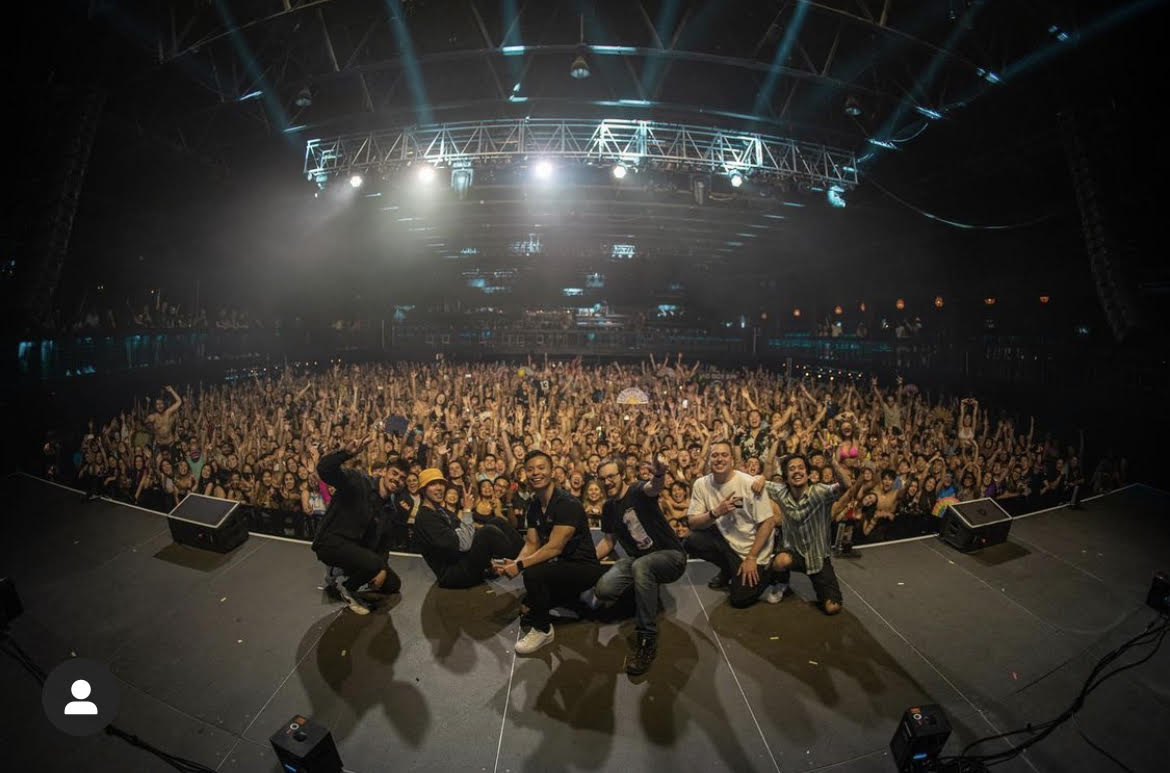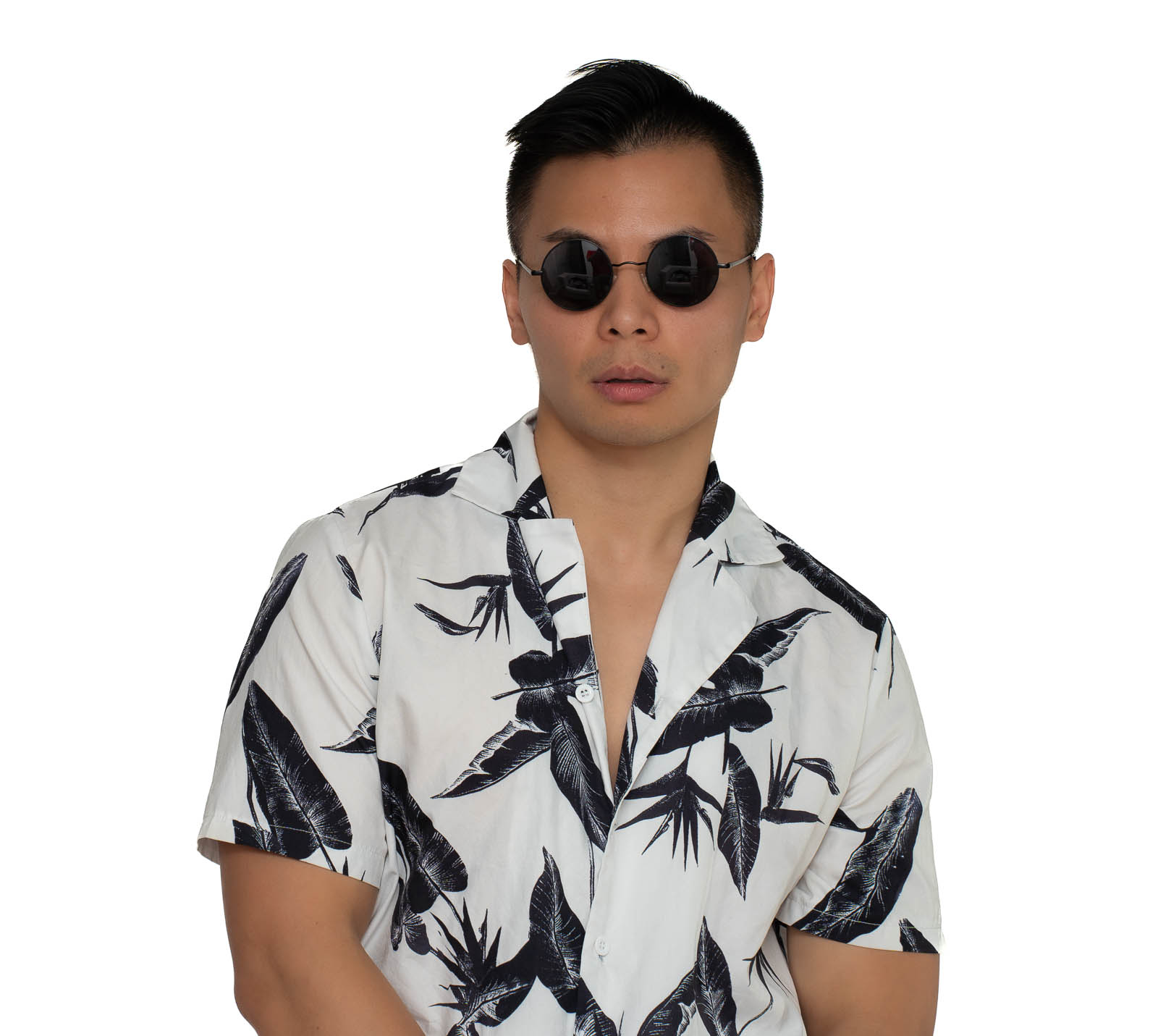We’re excited to introduce you to the always interesting and insightful Andy Pham. We hope you’ll enjoy our conversation with Andy below.
Andy, appreciate you joining us today. How did you learn to do what you do? Knowing what you know now, what could you have done to speed up your learning process? What skills do you think were most essential? What obstacles stood in the way of learning more?
I started my journey around the pandemic time by immersing myself in online resources like YouTube, honing my technical skills and mastering the core fundamentals. DJing, in its most basic form, can be learned in a couple of weeks, but the true artistry comes from pushing beyond the surface. After nailing the basics, I dove deeper into refining my craft, pulling inspiration from every corner of my background.
My sets are a blend of nostalgic callbacks, my Vietnamese background, and the high-energy worlds of Anime and K-POP, which infuse my performances with a distinct, colorful character. Over time, I discovered that connecting with the audience through stage presence is as crucial and really, it makes it so much more enjoyable on stage.
When it comes to music production, it’s an ever-evolving challenge—like a vast canvas that I’m still painting on to this day. Each single I release is a new layer of growth, pushing me further creatively. If I could have accelerated my learning, I would have immersed myself more in music theory early on, and actively sought collaborations with seasoned producers to stretch my understanding. The most essential skills have been boundless creativity, adaptability, and a relentless drive to experiment with sound.
One of the toughest obstacles was overcoming the heavy weight of self-doubt, especially imposter syndrome, and trusting myself that I am on the “right” path. But with every new release, my confidence grows, and there’s so much more vivid, dynamic music on the way.


Andy, love having you share your insights with us. Before we ask you more questions, maybe you can take a moment to introduce yourself to our readers who might have missed our earlier conversations?
I come from a background that many can relate to—a rigid upbringing as a Vietnamese immigrant where the focus was heavily on education, securing a stable job, and following a very linear path. Creative exploration wasn’t something I was encouraged to pursue growing up. It wasn’t until I discovered DJing and music production, specifically within the EDM scene, that I truly found my passion and a way to express myself. For me, it was like breaking free from a mold that had confined me, and through this, I realized there’s space for the creative arts in paths we might not traditionally consider.
What I provide is more than just a DJ set—it’s an immersive experience that encourages people to let go, dance, and feel the freedom in the music that creates those core memories; it’s about crafting moments of joy, connection, and release.
I chose the artist name ‘FAM’ because, while my biological family life growing up was fragmented, I have always found a deep sense of belonging with my friends. My friends, in a sense, are essentially an extended family, and seeing them dance, laugh, and being up during unholy hours. It may sound cheesy, but those moments are what fuel my passion. I want my journey to serve as an example, especially for others like me, who might feel that the only path is the traditional one. There’s room for creativity and self-expression, and that’s the story I’m telling through my music.
One of my proudest moments was when I performed live for my parents and sisters. It was the first time I felt truly validated in my pursuit of the creative arts. That performance wasn’t just about showcasing my skills; it was a personal milestone where my family saw and understood a side of me I had been nurturing for so long. It felt like a full-circle moment, and it reinforced my belief that this is the path I’m meant to follow.

Let’s talk about resilience next – do you have a story you can share with us?
One of the most challenging and humbling experiences early in my journey was playing for an empty room. It’s one of the harshest realities when you’re starting out as a DJ and producer—pouring your energy into a set and having no one there to experience it. Those moments can be incredibly demotivating, but I’ve learned that resilience is built in those quiet, lonely times. I reminded myself that it could always be worse, and I’m fortunate to have a stable career outside of music.
I’ve come to understand that those empty rooms—and the fear of them—will always be there. But instead of letting it defeat me, I use it as fuel to continuously refine my craft.
Another realization is that the music industry can sometimes feel transactional, filled with egos and people constantly wanting something from you. The other challenging part to make relationship feel less “transactional”. I felt like I didn’t have much value to offer vs. the people who are already far in their music career. The biggest thing is to get to know the people for who they are and build that relationship. They know you’ll help them when you can and paying it forward it’s just as important. Don’t get me wrong though, there are great people and lots of top artists that I look up to. There’s also people who gave me a chance when I know I can be easily be brushed off.

How can we best help foster a strong, supportive environment for artists and creatives?
The most impactful way people can support up & coming artists is by simply showing up. Check out the openers – you never know if it’s your vibe!
Growing up, my parents worked long hours, often coming home late from their 12-hour jobs. Because of that, I rarely asked them to attend my band performances or sporting events in school. I didn’t want to add to their stress or be a burden. That experience shaped my deep appreciation for those who make the effort to be present, no matter the circumstances. The support from my friends today, who consistently show up to my performances, reminds me how vital that sense of community is for an artist’s growth and morale.
Additionally, it’s important for people to support artists without asking for discounts. Paying full price for tickets shows a genuine support for the time, effort, and creativity that goes into their work. If an artist or any entrepreneur can offer something, they will.
Contact Info:
- Instagram: andy_dfam
- SoundCloud: https://soundcloud.com/andy-pham-363842829
Image Credits
Henry Tang, Jarrod Bray, and Michael Woods


